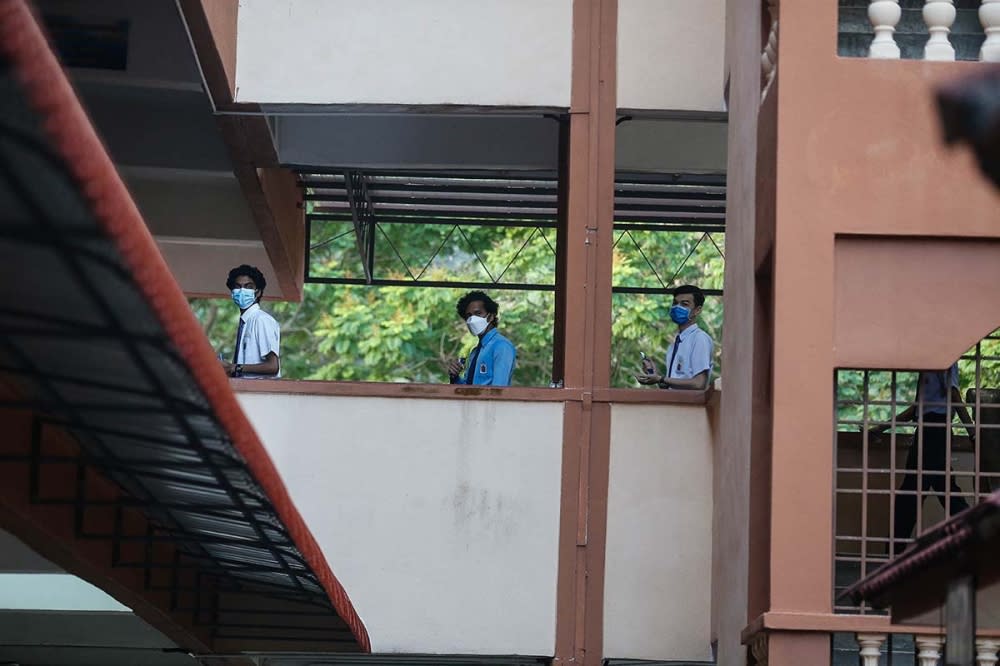Tamin assemblyman urges Education Ministry to address shortage of Iban language teachers in Sarawak

KUCHING, May 18 — Tamin assemblyman Christopher Gira Sambang today appealed to the Ministry of Education to take immediate steps to address the problem of a shortage of Iban language teachers in Sarawak.
He said if the problem is not addressed, he fears that it will affect efforts to improve the mastery of the Iban language among the younger generation.
“Based on the results of the study that was presented in 2023, a total of 2,100 Iban teachers are needed in primary schools and 26 in secondary schools before it becomes more critical when the teachers who are currently serving retire in the near future,” he said during the debate on the opening addressing of the state assembly sitting.
Gira said the lack of teachers in the Iban language subject will become a critical issue in education if it is not comprehensively resolved by the Ministry of Education and state Education Department.
“This concern was once voiced by the Sarawak Bumiputera Teachers Union (KGBS),” he added.
Gira suggested that the Ministry of Education increase the number of Iban language trainee teachers in Sarawak and give them appropriate training at the teacher education institutes.
He said there is also a need for the Ministry of Education to give priority to teacher training institute (IGP) graduates and graduates with teaching degrees from recognised institutions to fill the vacancies.
“At the same time, the Ministry of Education should also increase the number of Iban language trainee teachers in each recruitment to IPG by at least 100 every year until the issue of Iban language teacher shortage is resolved,” he said.
He added the Ministry of Education should give priority to the Iban language since it is already recognised as a subject to be taught in schools.
“The Iban language is no longer an ethnic language to be used and spoken by the Iban community alone but has developed into one of the languages owned and learned by the people as a whole,” he said.
Gira said it is not only a mother tongue language, but also a culture, and therefore, should be preserved.



